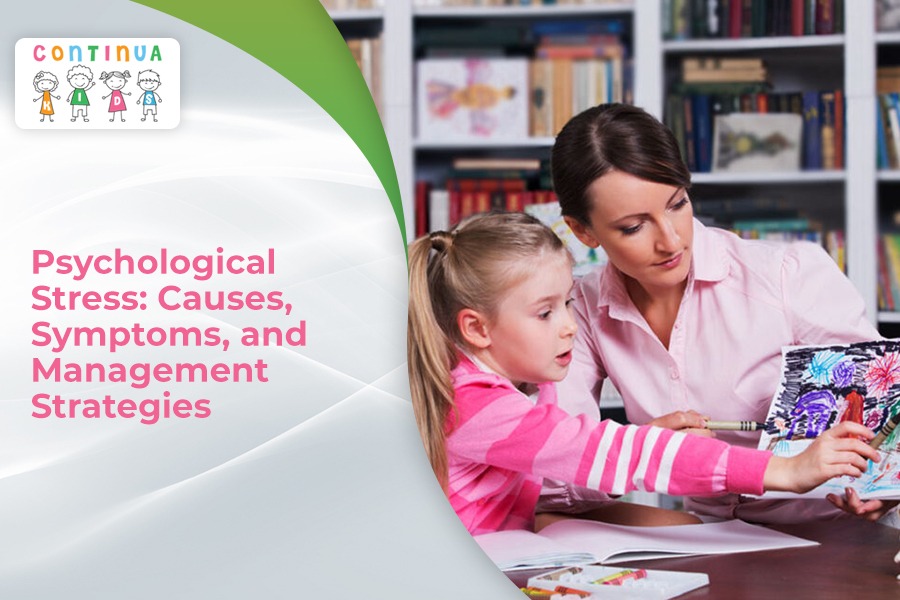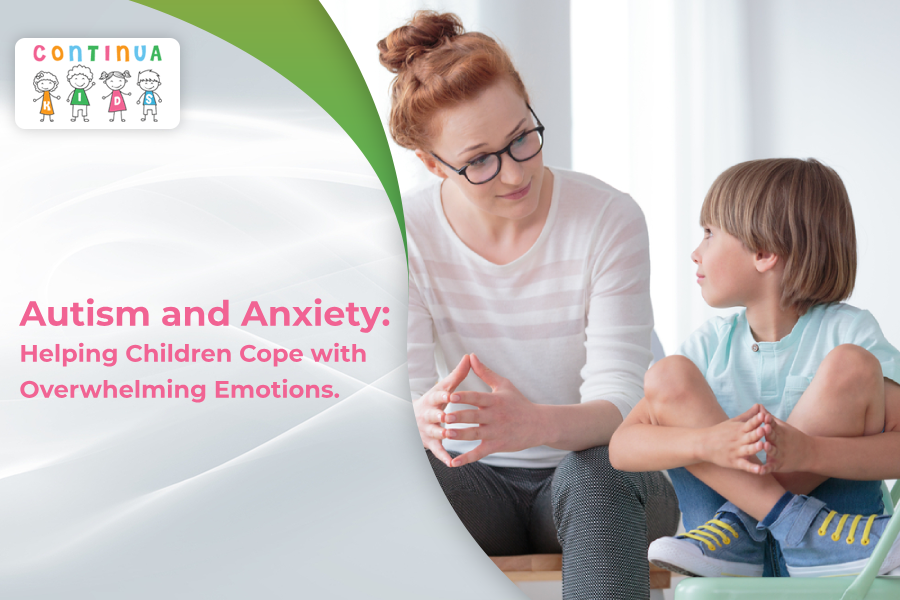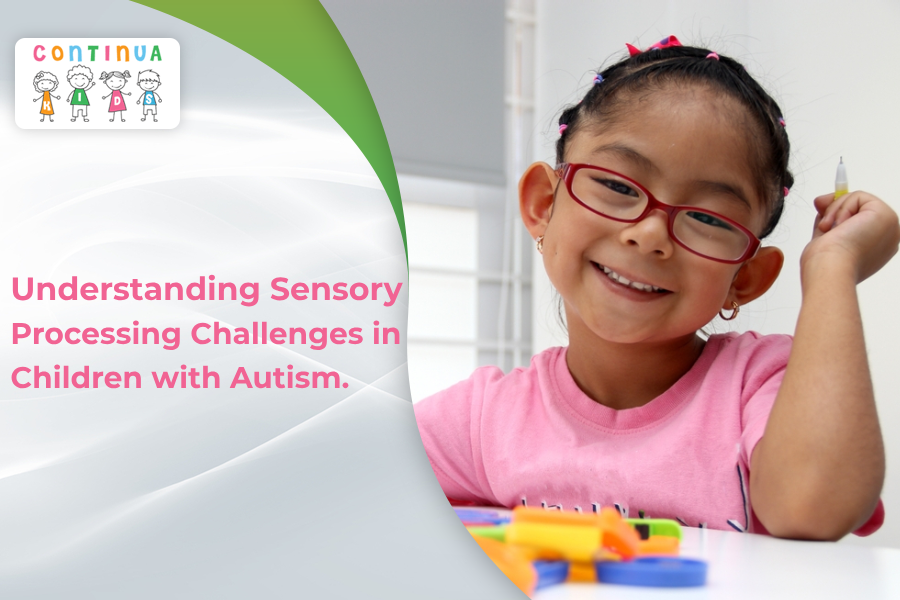Causes of Psychological Stress
Psychological stress can be caused by a wide range of factors, including:
- School-related stressors: This can include academic pressure, social pressure, and extracurricular activities.
- Family-related stressors: Family conflicts, financial difficulties, and parental divorce can all contribute to psychological stress.
- Health-related stressors: Chronic illnesses, medical procedures, and hospitalization can be stressful for children and adolescents.
- Environmental stressors: Natural disasters, climate change, and other environmental factors can contribute to psychological stress.
Symptoms of Psychological Stress
Psychological stress can manifest in various ways, and the symptoms can vary from person to person. Some common symptoms of psychological stress include:
- Physical symptoms: Headaches, stomachaches, fatigue, and muscle tension are all common physical symptoms of psychological stress.
- Emotional symptoms: Anxiety, depression, irritability, and mood swings are all common emotional symptoms of psychological stress.
- Behavioral symptoms: Changes in eating and sleeping patterns, increased use of drugs or alcohol, tendency to free online slot addiction and social withdrawal are all behavioral symptoms of psychological stress.
Management Strategies for Psychological Stress
- Practice relaxation techniques: Deep breathing, meditation, and progressive muscle relaxation can all help reduce stress and promote relaxation.
- Exercise regularly: Physical activity can help reduce stress and improve mood.
- Maintain a healthy lifestyle: Eating a balanced diet, getting enough sleep, and avoiding drugs and alcohol can all help reduce stress and improve overall well-being.
- Seek support: Talking to friends and family or seeking professional help from a therapist or counselor can help reduce stress and improve coping skills.
- Manage time effectively: Time management techniques, such as setting goals, prioritizing tasks, and avoiding procrastination, can help reduce stress related to school and other responsibilities.
- Engage in enjoyable activities: Spending time doing activities you enjoy, such as hobbies, sports, or creative pursuits, can help reduce stress and improve mood.
Conclusion
Psychological stress can affect anyone, but it is important to recognize the causes, symptoms, and management strategies to cope with it effectively. Continua kids should be encouraged to practice healthy lifestyle habits, engage in stress-reducing activities, and seek support when needed. Parents, teachers, and caregivers can also play a crucial role in helping children and adolescents manage stress by creating a supportive environment and providing resources for coping with stress. By understanding the causes and symptoms of psychological stress and implementing effective management strategies, Continua kids can learn to cope with stress and lead healthy, happy lives.




